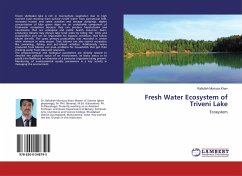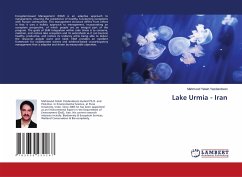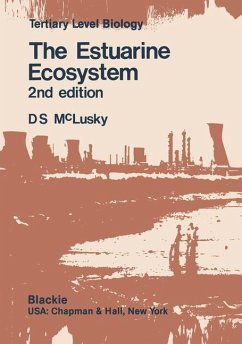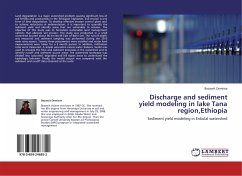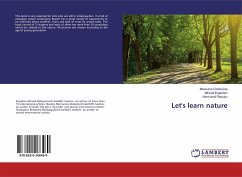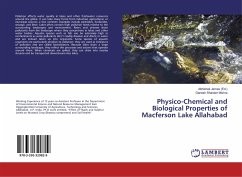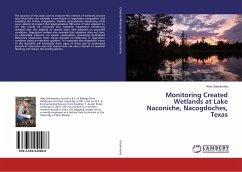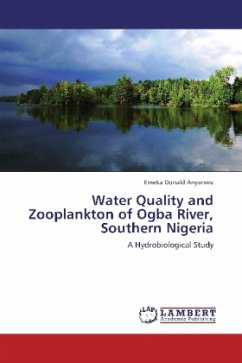Triveni (Ambada) lake is rich in macrophytic vegetation due to high nutrient load receiving from surface runoff water from agricultural field, increased human and cattle activities and sewage dumpings. Higher concentration of blue green algae are an undesirable component of freshwater ecosystems because they can produce hepatotoxins and neurotoxins that are ecological and public health concerns. Toxin-producing blooms may disrupt lake food webs by killing fish, birds and zooplankton and can be responsible for hypoxia conditions that follow bloom die-offs. The grass primary productivity was recorded in winter while minimum in rainy season. Toxic blooms can also restrict recreation like swimming, fishing and pet-related activities. Additionally, toxins produced from blooms can pose problems for households that get their drinking water from lakes and reservoirs. The physicochemical and biological parameters are directly related to describe the pollution status of an environment, itsbiotic status or to predict the likelihood or otherwise of a particular organisms being present. Monitoring of environmental quality parameters is a key activity in managing the environment.
Bitte wählen Sie Ihr Anliegen aus.
Rechnungen
Retourenschein anfordern
Bestellstatus
Storno

